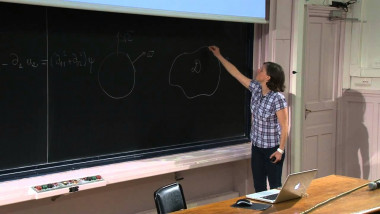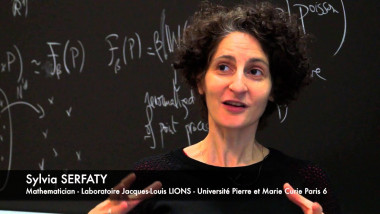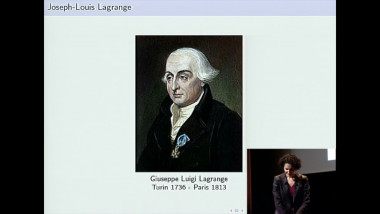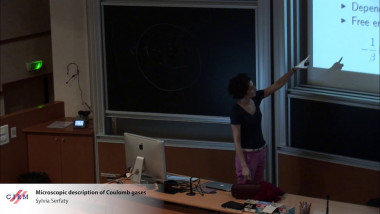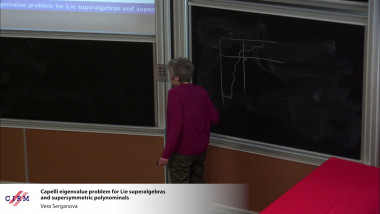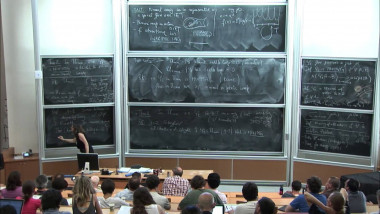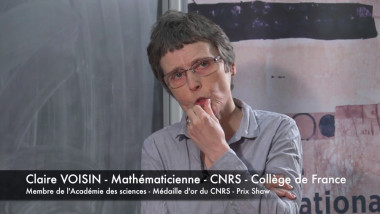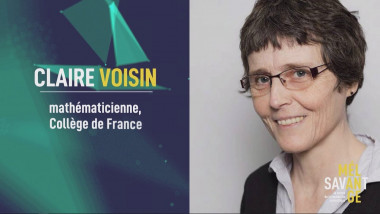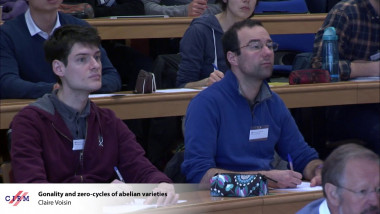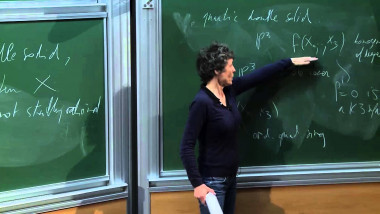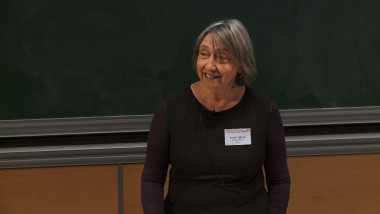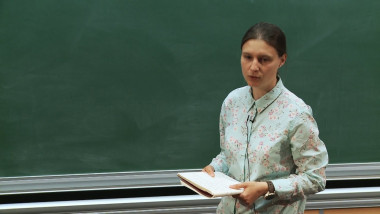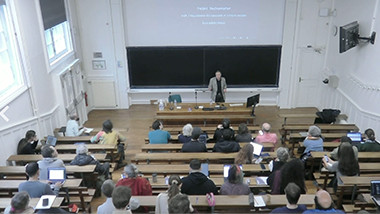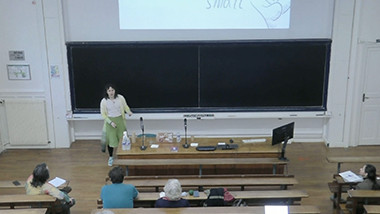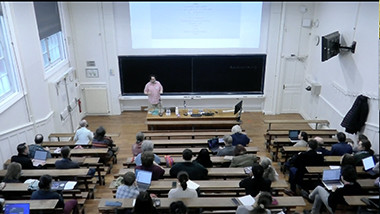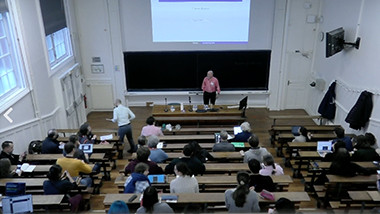[1196] Recent progress on bounds for sets with no three terms in arithmetic progression
By Sarah Peluse
Also appears in collection : Bourbaki - Juin 2022
A famous conjecture of Erdős states that if $S$ is a subset of the positive integers and the sum of the reciprocals of elements of $S$ diverges, then $S$ contains arbitrarily long arithmetic progressions. If one could prove, for each positive integer $k$, sufficiently good bounds for the size of the largest subset of the first $N$ integers lacking $k$-term arithmetic progressions, then Erdős’s conjecture would follow. There is thus great interest in the problem of proving the strongest possible bounds for sets lacking arithmetic progressions of a fixed length. In this talk, I will survey the recent advances of Bloom–Sisask on this problem for length three progressions and of Croot–Lev–Pach and Ellenberg–Gijswijt on the analogous problem in $F^n_3$ (the "cap set problem"). These two advances rely on very different techniques —Fourier analytic methods and a version of the polynomial method, respectively— and I will give an overview of both.












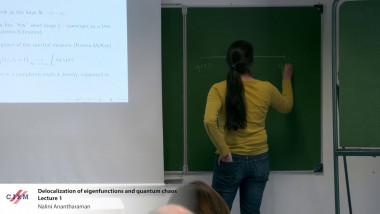
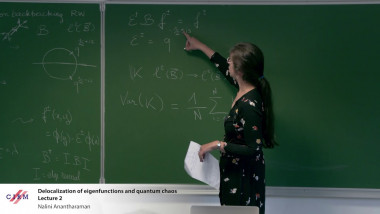
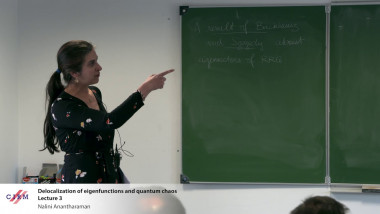
![[1116] Zéros de fonctions aléatoires gaussiennes](/media/cache/video_light/uploads/video/video-e4285a60a12befed4eeedd15d9b54c79.jpg)
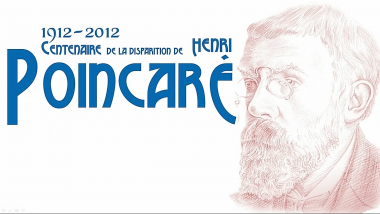
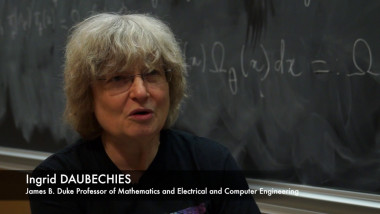

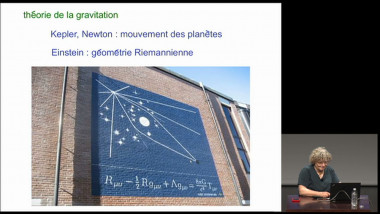
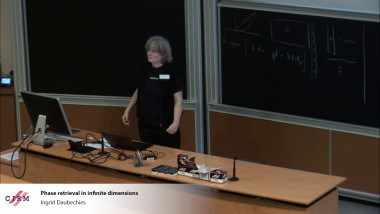
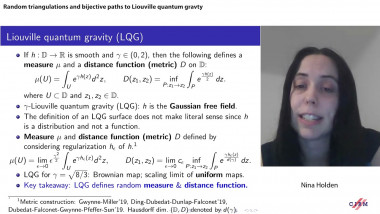
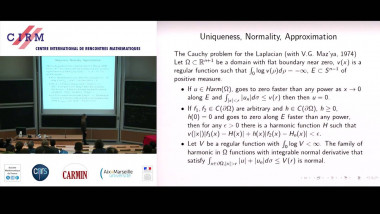
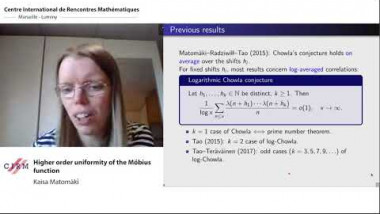
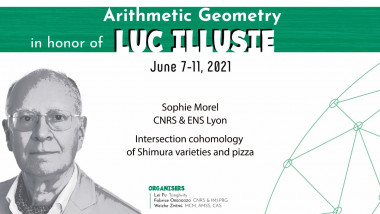
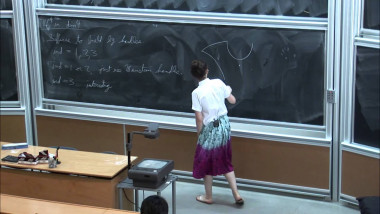

![[1196] Recent progress on bounds for sets with no three terms in arithmetic progression](/media/cache/video_light/uploads/video/Capture%20d%E2%80%99%C3%A9cran%202024-04-15%20%C3%A0%2012.07.44.png)
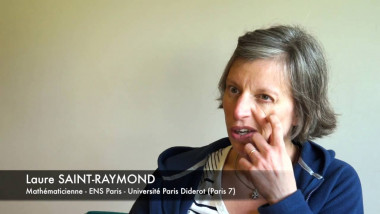
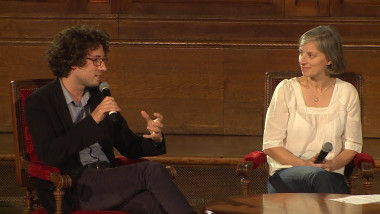
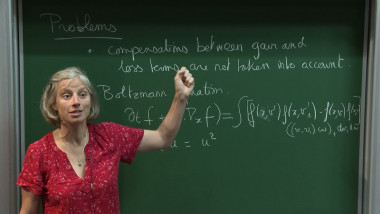
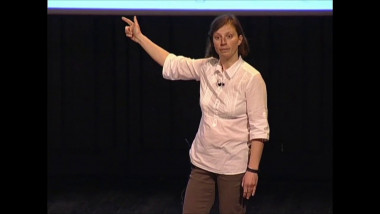
![[1143] Des points vortex aux équations de Navier-Stokes](/media/cache/video_light/uploads/video/video-92f04444d5e2221d8426388c1b4a4b28.jpg)

